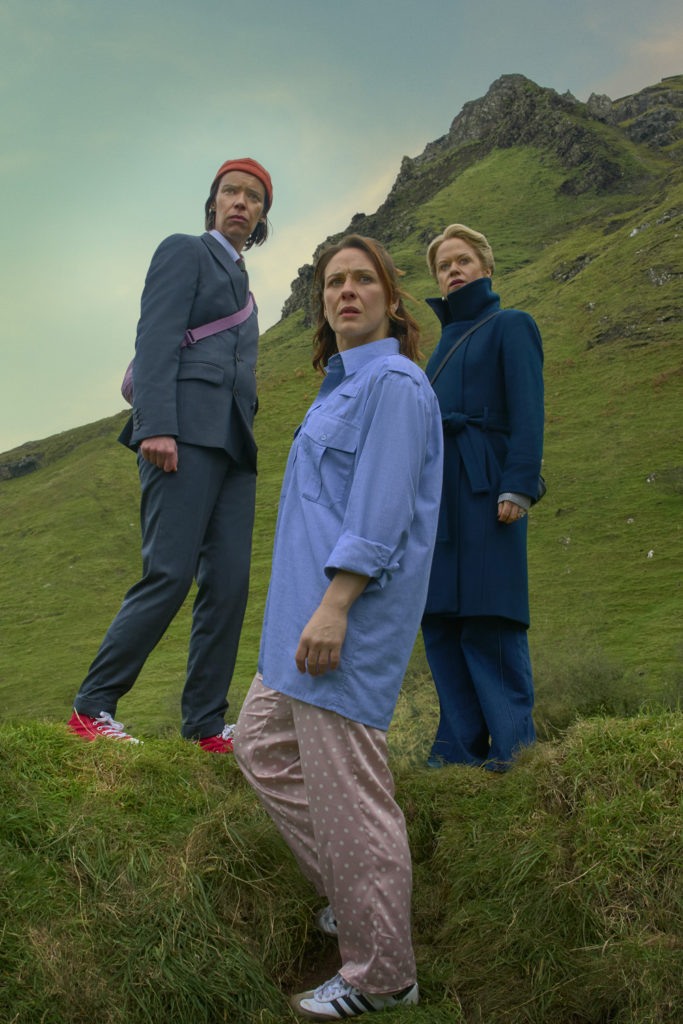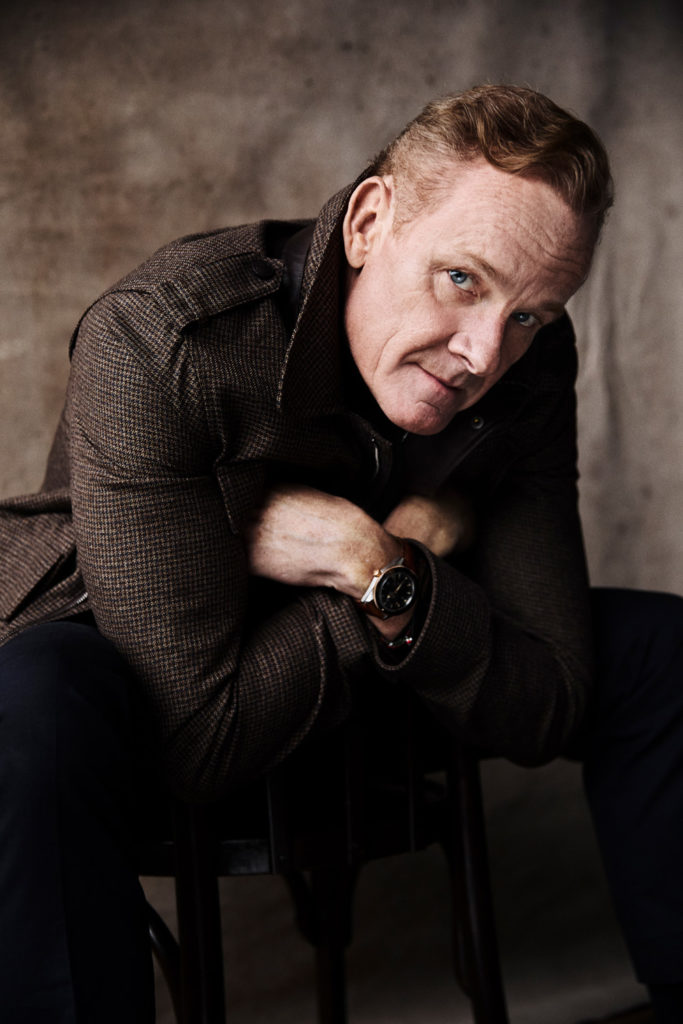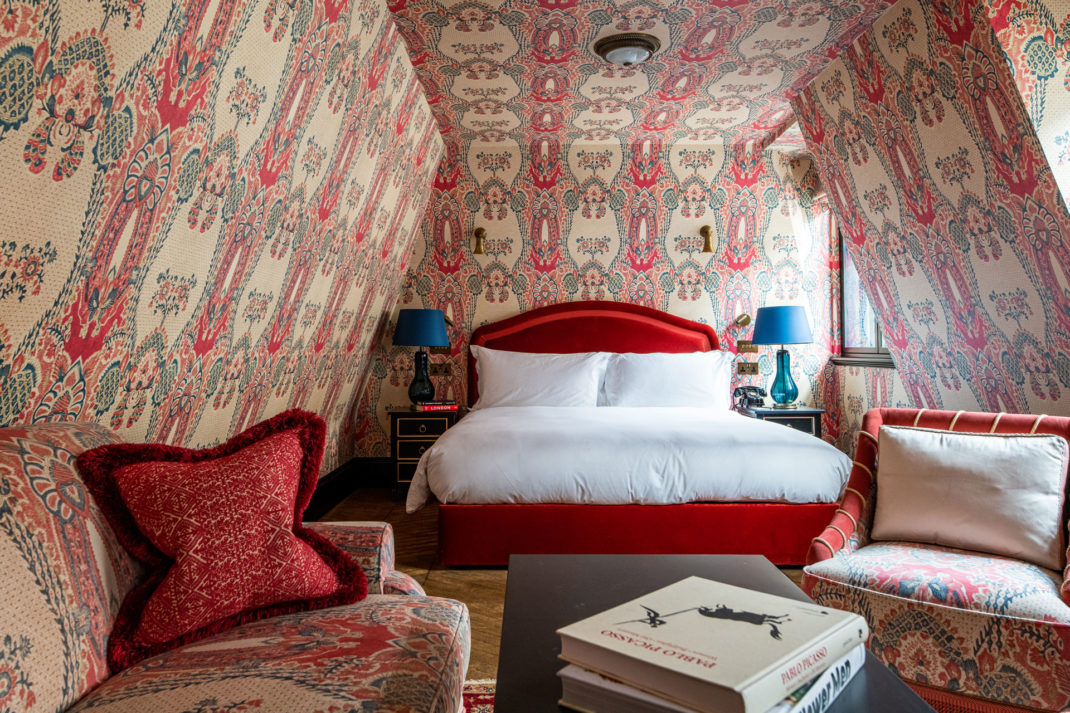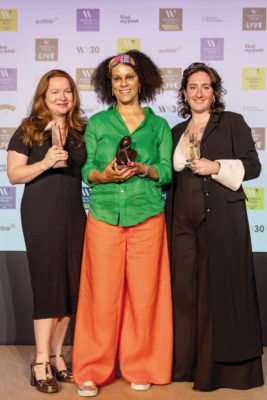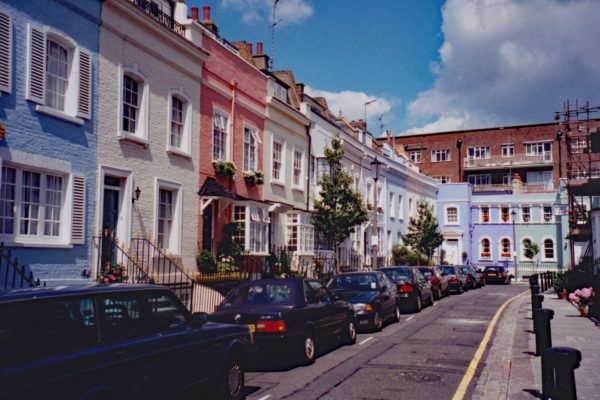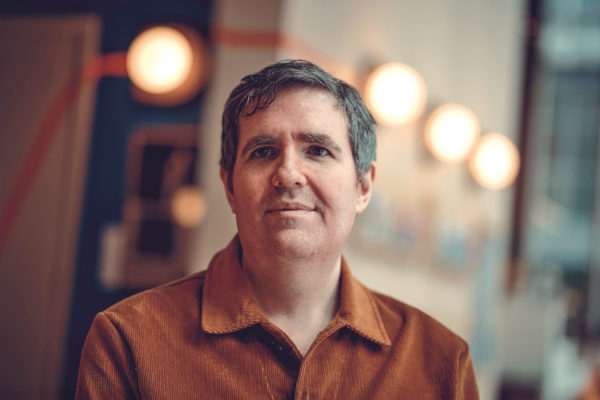Ed Vaizey: Festivals Play A Pivotal Role In Britain’s Arts
By
5 months ago
Storytelling and bringing people together plays a crucial role in our digitally-obsessed world, the former culture minister says
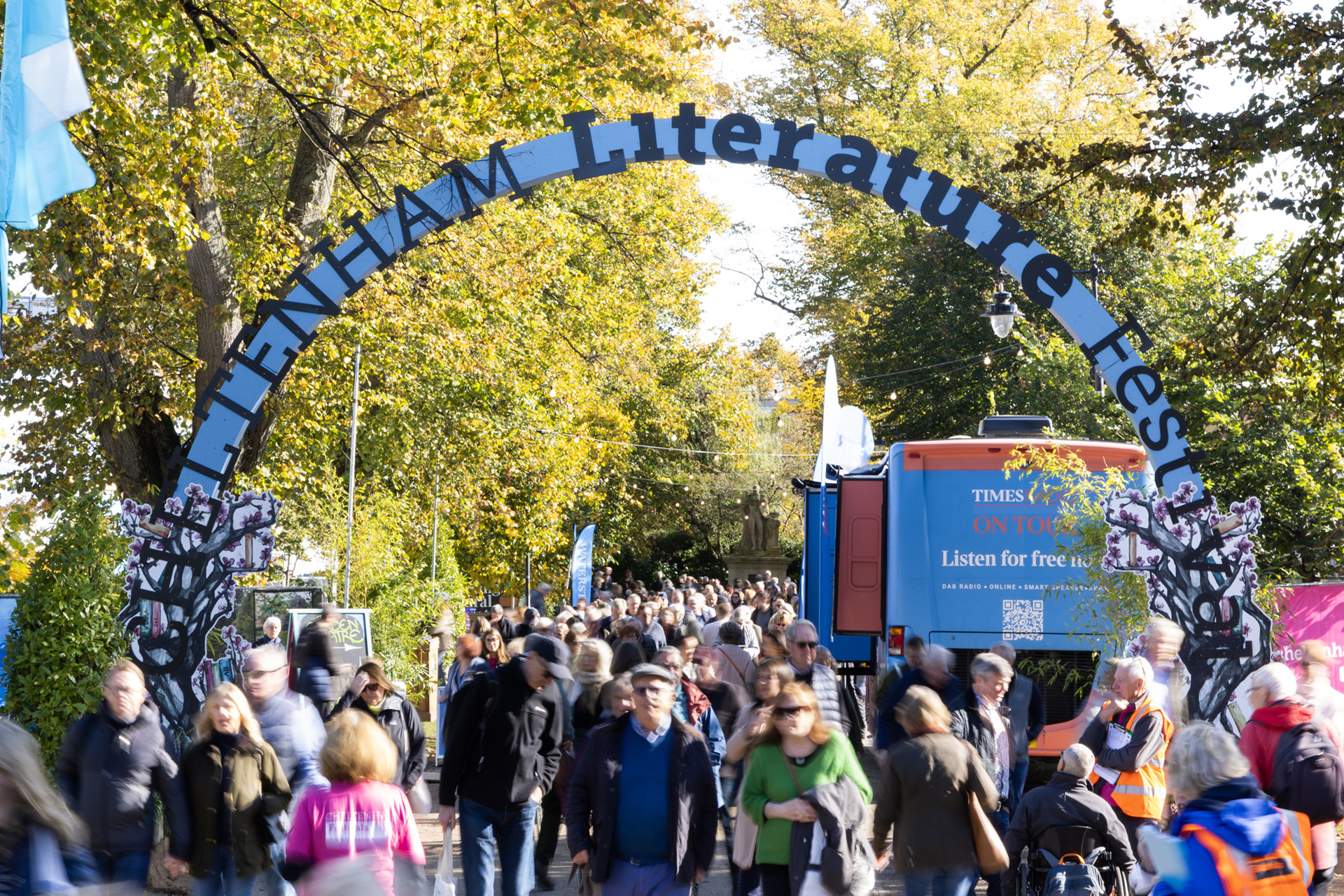
As Chelsea Arts Festival transforms the streets of SW3 this September, former Minister for Culture Ed Vaizey considers the British desire to enjoy art and creativity as a collective.
Festivals Are Vitally Important – And Britain Does It Best
Given its vibrant history, it’s hard to believe that Chelsea has not, until now, had its own dedicated arts festival. Chelsea is home to the world’s most important cultural institution – Peter Jones – as well as the Royal Court Theatre, Cadogan Hall, the National Army Museum and the Saatchi Gallery. Chelsea has hosted literary and artistic greats from J. M. W. Turner to Dante Gabriel Rossetti, James McNeil Whistler to William Morris, Oscar Wilde to James Joyce. And the King’s Road, of course, was the birthplace of the Swinging Sixties.
So congratulations to this esteemed organ, Country & Town House, and Cadogan, Chelsea’s illustrious landowner, for putting on Chelsea Arts Festival this autumn. I’m particularly looking forward to the readings to celebrate the 30th anniversary of the Women’s Prize for Fiction, as well as the deep dive into the blue plaques that physically mark out Chelsea’s heritage – Oscar Wilde, for example, whose blue plaque on Tite Street will be brought to life by Sir Stephen Fry, who played the playwright, novelist and poet in the 1997 film Wilde.
There’s a whole range of fabulous and distinguished speakers, and I can’t wait to meet the artist David Shrigley. Every morning, I drink my freshly brewed coffee from a huge mug with one of his cartoonish illustrations emblazoned with the slogan ‘museums are full of crap’.
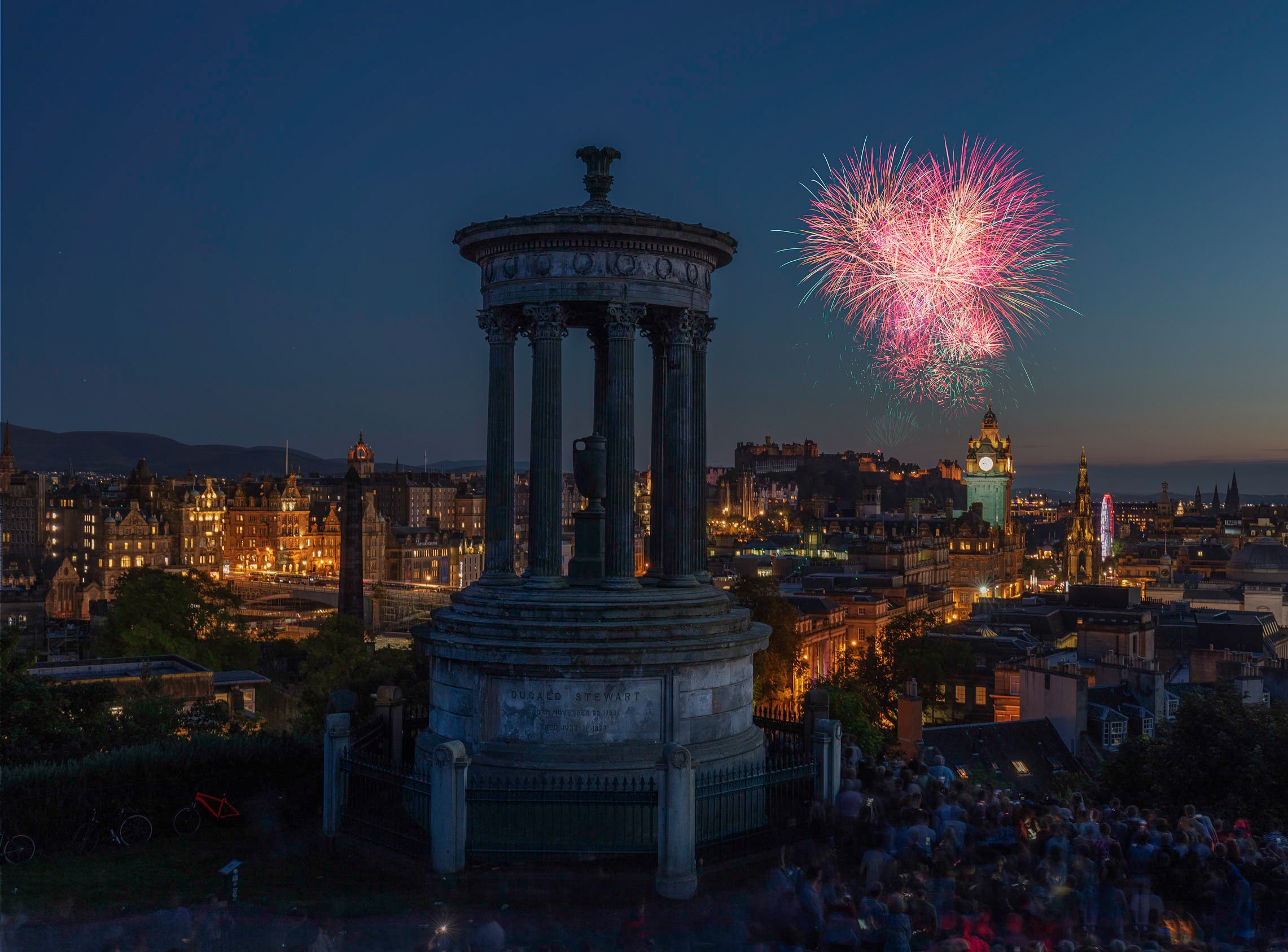
Edinburgh Festival Fireworks from Calton Hill
Although there is no question that Chelsea Arts Festival will become the world’s greatest, it does take its place among many successful festivals across Britain. In fact, we don’t really do enough to celebrate the fact that, as in so many areas, Britain has been somewhat of a pioneer. The Edinburgh International Festival, for example, is the first and largest of its kind, established in 1947 to promote post-war healing through the arts. It was paid for by the winnings of a horse (Ocean Swell) owned by the Earl of Rosebery. The town council and the newly-established Arts Council also contributed. The Cheltenham Literature Festival, established in 1949, is also the longest-running literary festival in the world.
Apart from their sheer enjoyment, festivals play a hugely important role in the great mosaic of the arts in this country. It is no surprise that they have flourished over the last few decades. We are good at them, but more importantly, they show that there remains, in this dystopian, technological age, a huge appetite for human connection, stories and high-brow entertainment. We are a country of theatre and writing and painting, and it’s right that we celebrate it.
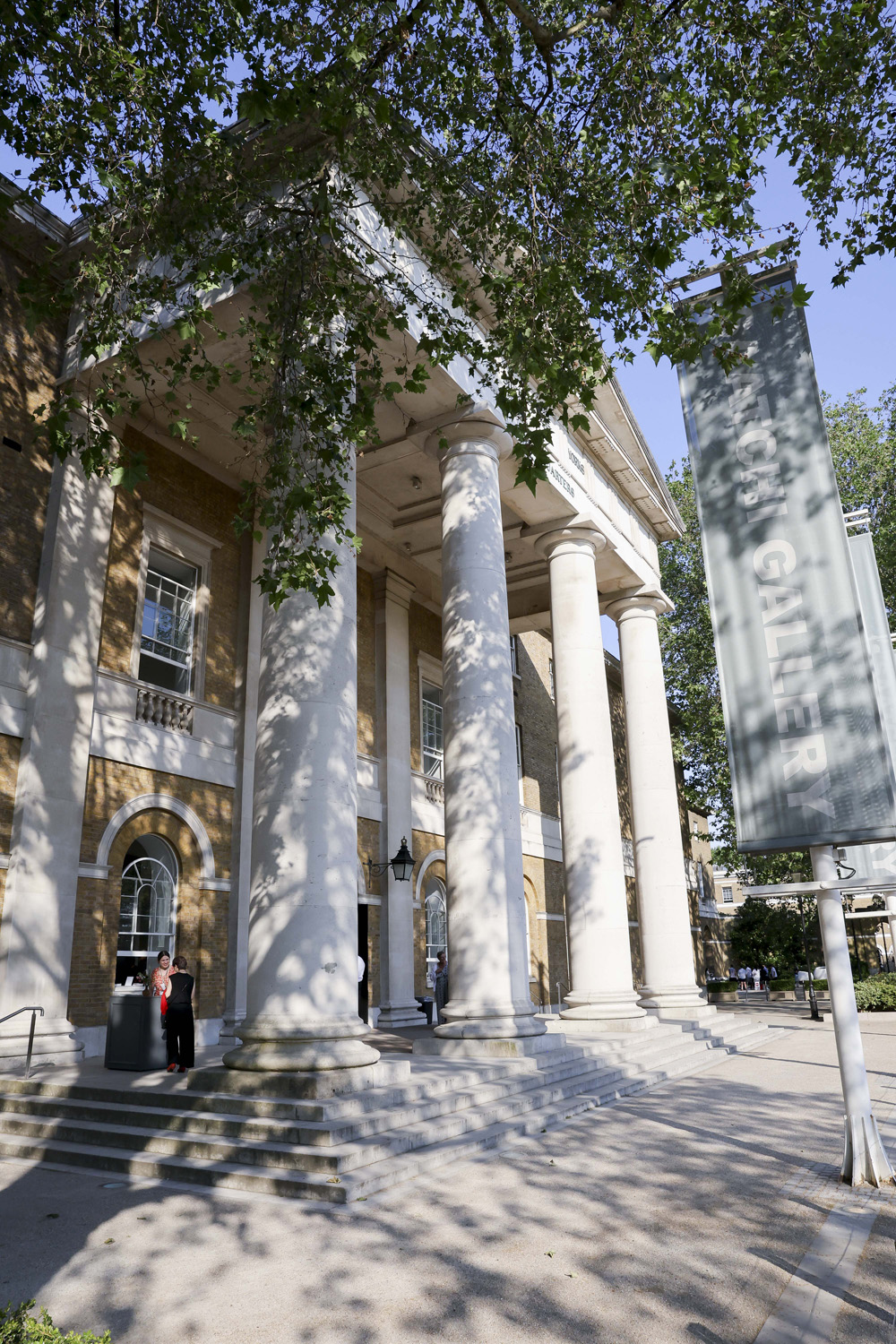
The Saatchi Gallery is one of Chelsea Arts Festival’s venues.
Festivals have important side effects. They have a huge impact on a local economy, bringing in people who spend at restaurants, hotels and retailers. Music festivals alone contribute almost £2bn to the national economy every year. Festivals also contribute to our soft power, bringing in performers and visitors from all over the world to see what our country has to offer – or they see what a good time we are having on their TV screens.
Chelsea Arts Festival takes its place in this pantechnicon. Conceived to celebrate great art and artists, designed to deliver pleasure over a few intense days, it will also boost the health of local retailers and gently remind the world what Chelsea has to offer. How wonderful.
VISIT
Chelsea Arts Festival runs from Thursday 18 to Sunday 21 September 2025, with more than 20 talks, panels and performances taking over Chelsea, along with free street performances, a food market and more. See what’s on and book your tickets at chelseaartsfestival.com

